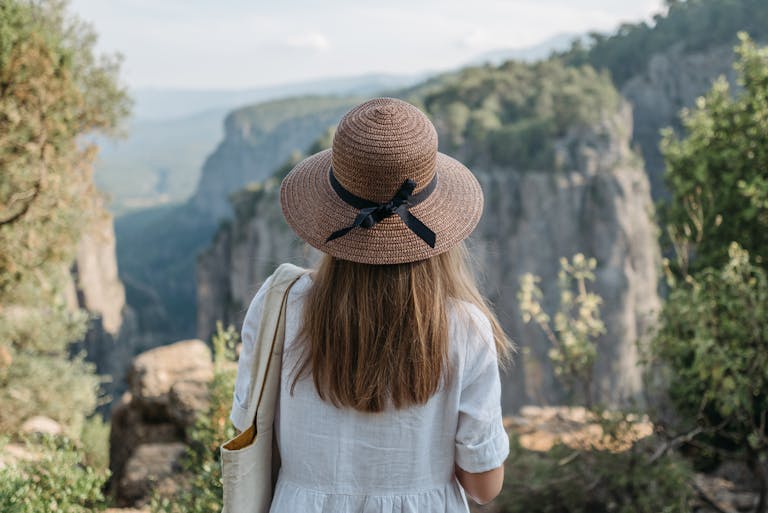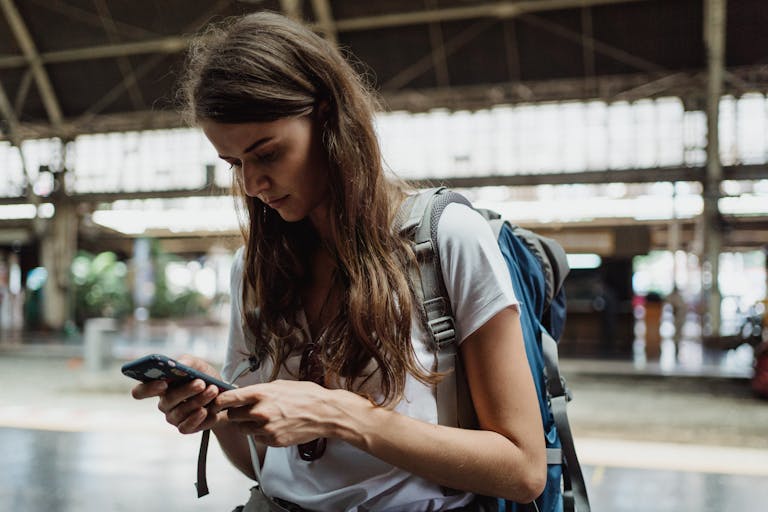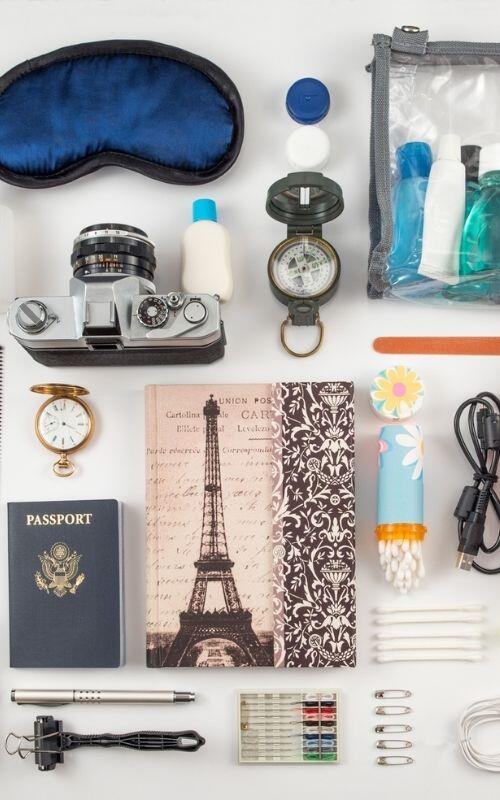Top 10 Essential Tips for First-Time Travelers
Traveling for the first time can be an exciting but also a bit scary experience. It’s a journey that offers invaluable opportunities for personal growth, allowing you to step out of your comfort zone and immerse yourself in new cultures and environments. The experiences gained from traveling often lead to increased confidence, broadened perspectives, and lifelong memories.
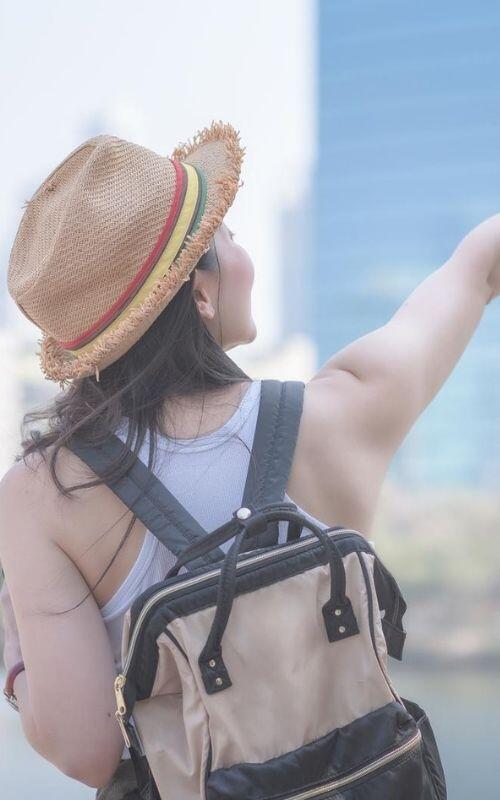

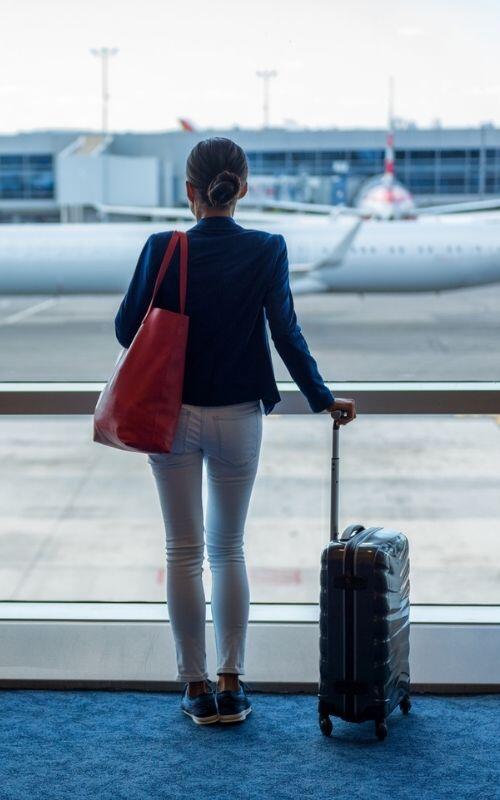
First-time travelers often face several challenges:
- Getting around in new places
- Understanding different languages and currencies
- Following local laws and customs
These challenges might seem tough, but with the right preparation and attitude, they can be overcome.
In this article, we’ll share 10 helpful tips specifically designed for first-time travelers. These insights aim to make your journey smoother, safer, and more enjoyable. Whether you’re planning a short trip or a longer adventure, these tips will give you important knowledge to travel confidently.
1. Plan Your Travel in Advance
Importance of Early Planning
Starting your travel preparations early can save you from last-minute stress and unexpected hiccups. Booking flights and accommodations well in advance often means better deals and more options. Early planning also provides ample time to gather necessary documents, such as visas and passports.
Key Aspects to Research
Understanding your destination is crucial. Focus on:
- Language: Knowing basic phrases in the local language can ease communication.
- Currency: Familiarize yourself with the local currency and exchange rates.
- Local Laws: Awareness of local regulations helps avoid legal issues during your stay.
Visa and Passport Requirements
International travel often demands specific documentation. Verify:
- Passport Validity: Ensure your passport is valid for at least six months beyond your travel dates.
- Visa Requirements: Different countries have varying visa policies; check these requirements well ahead of time to avoid complications.
Planning your travel meticulously can set the tone for a smooth and enjoyable journey.
2. Budgeting for Travel
Creating a realistic travel budget is essential to ensure you can enjoy your trip without financial stress. Start by listing all potential expenses, including transportation, accommodation, food, activities, and emergency funds.
Allocate funds wisely:
- Accommodation: Consider options like hostels, guesthouses, and Airbnb for affordable stays. Booking in advance often yields better deals.
- Food: Try local eateries and street food to save money while experiencing authentic cuisine.
- Activities: Look for free or discounted attractions and consider purchasing city passes.
Exploring cheaper options can also stretch your budget further. Work exchange programs allow you to trade labor for accommodation and sometimes meals. This not only saves money but provides cultural immersion opportunities.
Using these budgeting strategies for trips ensures you make the most of your finances while traveling.
3. Purchase Travel Insurance
Why You Need Travel Insurance for Emergencies and Lost Luggage
Travel insurance is essential for safeguarding against unexpected events. Whether it’s a medical emergency, trip cancellation, or lost luggage, having the right coverage can save you from significant financial burden. Emergencies abroad can be costly, and travel insurance ensures you’re not left to cover expenses out-of-pocket.
How to Choose the Right Coverage
Selecting the appropriate travel insurance involves understanding your needs:
- Medical Coverage: Ensure it includes emergency medical expenses and evacuation.
- Trip Cancellation: Protects against non-refundable costs if you need to cancel.
- Baggage Protection: Covers loss, theft, or damage to your belongings.
- Adventure Activities: If participating in high-risk activities, ensure they are covered.
Review multiple policies and compare their benefits to find one that fits your itinerary.
Common Misunderstandings About Travel Insurance
Some travelers believe their health insurance covers them abroad or that they won’t need it. It’s crucial to understand that many health plans don’t extend internationally. Others think it’s an unnecessary expense, yet the cost of unforeseen events often exceeds the price of a policy.
Investing in travel insurance provides peace of mind, allowing you to focus on enjoying your trip without worrying about potential mishaps.

4. Pack Smartly and Lightly
Packing smartly can make your travel experience significantly smoother.
1. Prepare a First-Aid Kit
Start with a first-aid kit that includes basics like bandages, antiseptic wipes, and any personal medications.
2. Organize Important Documents
Keep all essential documents such as passports, visas, and travel insurance in a waterproof folder.
3. Use Packing Cubes for Organization
Packing cubes are a game-changer for keeping your luggage organized and maximizing space. Use them to separate different types of clothing and accessories.
4. Layer Your Clothing
When it comes to clothing, layering is key; opt for versatile items that can be mixed and matched. This way, you can pack fewer items while still having varied outfits.
5. Test Your Packed Bag
Before you leave, test your packed bag by carrying it around your home or going for a short walk. This helps ensure that your bag isn’t too heavy or awkward to carry, saving you from unnecessary strain during your trip.
5. Stay Safe While Traveling
Travel safety is crucial, especially for first-time travelers. Being aware of your surroundings and understanding local scams can significantly reduce the risk of encountering problems.
Be Aware of Surroundings
Always stay vigilant in unfamiliar environments. Observe the behavior of people around you and keep an eye out for suspicious activities. Trust your instincts; if something feels off, remove yourself from the situation.
Avoiding Pickpockets
- Use crossbody bags that are harder to snatch.
- Keep valuables like wallets and phones in front pockets.
- Avoid carrying too much cash; instead, use a money belt or hidden pouch.
Share Your Itinerary
Before heading out, share your travel plans with trusted friends or family members. This ensures someone knows your whereabouts in case of emergencies. Regularly check-in with them during your trip.
Staying informed and prepared enhances your travel experience, allowing you to focus on exploration rather than potential threats.
6. Explore Local Culture
Engaging with locals provides authentic experiences that go beyond tourist attractions. Conversations with residents can reveal hidden gems, local dining spots, and unique activities. Participating in local events or festivals offers a deeper understanding of the community’s way of life.
Learning about customs and traditions before visiting a country is crucial. Understanding cultural norms helps you navigate social interactions respectfully. For instance:
- Dress Codes: Some countries have specific attire requirements for religious sites.
- Etiquette: Simple gestures like tipping practices or greeting customs vary widely.
- Local Laws: Familiarize yourself with regulations that might differ significantly from your home country.
By respecting these nuances, you not only enhance your travel experience but also show appreciation for the local culture.
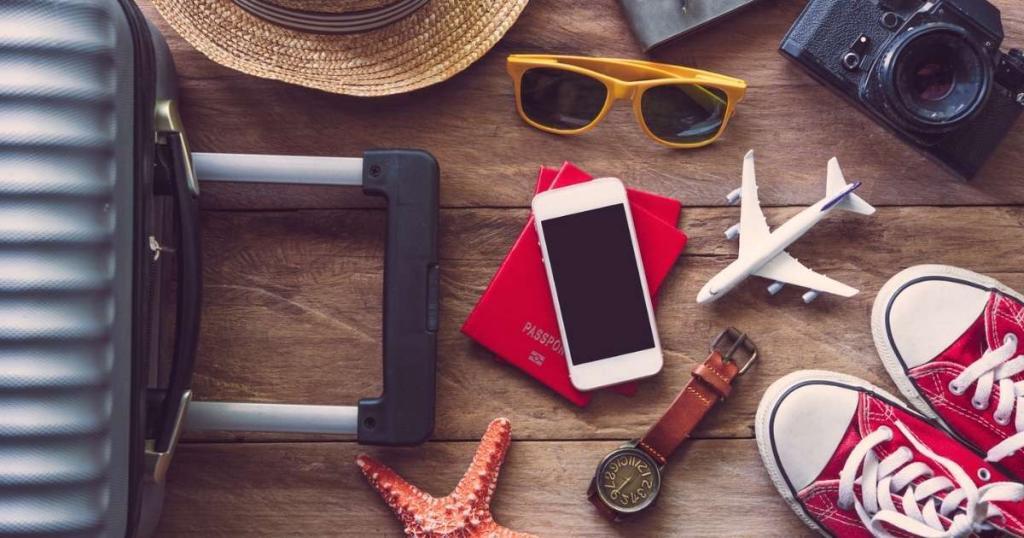
7. Manage Jet Lag Effectively
Understanding jet lag and its effects can help you adjust quickly to new time zones. Jet lag occurs when your internal body clock is out of sync with the local time at your destination, leading to fatigue, insomnia, and other symptoms.
Tips to Minimize Jet Lag:
- Hydration: Drink plenty of water before, during, and after your flight. Dehydration can make the symptoms of jet lag worse.
- Sleep Adjustments: Gradually shift your sleep schedule a few days before departure to match the time zone of your destination. Use sleep aids like eye masks and earplugs if necessary.
- Exposure to Natural Light: Spend time outdoors during daylight hours at your destination. Natural light helps regulate your body clock.
- Avoid Alcohol and Caffeine: These can interfere with sleep patterns and increase dehydration.
- Short Naps: Take short naps (20-30 minutes) if you’re feeling extremely tired, but avoid long naps that could disrupt nighttime sleep.
Adopting these strategies can help you manage jet lag effectively and enjoy your travel experience more fully.
8. Utilize Technology Wisely
Using technology wisely can greatly improve your travel experience. Here are some tips on how to stay connected while traveling:
Stay Connected with Local SIM Cards
Buying a local SIM card can be a more affordable option than using international roaming. It gives you access to data and local calls without the high costs.
Make Use of Public WiFi
Look for public WiFi in places like cafes, hotels, and certain public areas. Just remember to use a VPN to keep your personal information safe when using these networks.
Download Essential Apps Before You Go
Before you start your trip, download some important apps that will make things easier for you:
- Offline Maps: Apps like Google Maps or Maps.me let you save maps for offline use. This is really helpful in places with poor internet connection.
- Entertainment: Long journeys can be boring without anything to do. Download movies, books, or podcasts in advance to keep yourself entertained.
By using technology in these ways, you can have a smoother journey and feel safer and more comfortable during your travels.
9. Be Flexible with Your Plans
Flexibility in travel can significantly enhance your experience. Rigid schedules may limit your ability to explore unexpected opportunities or adapt to unforeseen circumstances.
Benefits of a Flexible Itinerary
- Spontaneous Activities: Allowing room in your schedule lets you take advantage of spontaneous activities. You might discover a local festival, an impromptu tour, or a hidden gem recommended by fellow travelers.
- Weather Changes: Weather conditions can be unpredictable. A flexible plan enables you to shift outdoor activities to another day if needed, ensuring you don’t miss out due to a sudden downpour.
- Less Stress: A rigid itinerary can become stressful if things don’t go exactly as planned. Flexibility reduces pressure and allows for a more relaxed and enjoyable trip.
- Cultural Experiences: Sometimes, the best cultural experiences come from unplanned interactions. Flexibility gives you the freedom to engage more deeply with the local culture and people.
Practical Tips
- Leave Gaps in Your Schedule: Plan key activities but leave gaps for unplanned adventures.
- Keep Backup Options: Have a list of alternative activities or places in case something doesn’t work out.
- Stay Updated on Local Events: Check for local events or festivals that might interest you during your stay.
Embrace flexibility to make your travel experience richer and more memorable.
10. Keep a Travel Journal
Documenting your experiences while traveling can be incredibly rewarding. A travel journal helps capture memories and reflections, making the journey more meaningful.
Benefits of Journaling While Traveling
- Preserve Memories: Writing down daily activities, thoughts, and feelings ensures you remember even the smallest details.
- Reflect on Experiences: Journaling enables you to reflect on what you’ve seen and learned, deepening your understanding of different cultures.
- Enhance Creativity: Putting pen to paper can spark creativity, whether through storytelling, sketching, or poetry.
- Track Personal Growth: Observing how your perspectives change over time provides valuable insights into personal growth.
- Share with Others: A well-kept journal can be shared with friends and family, offering them a glimpse into your adventures.
Practical Tips for Travel Journaling
- Consistency is Key: Make it a habit to write every day, even if it’s just a few lines.
- Include Details: Write about sights, sounds, smells, and interactions. These details bring memories to life later.
- Use Prompts: If you’re stuck, use prompts like “What surprised me today?” or “A memorable conversation I had.”
- Combine Text and Visuals: Mix writing with sketches or pasted-in mementos like tickets or photos for a richer record.
Keeping a travel journal turns your trip into a treasure trove of lasting memories and insights.


